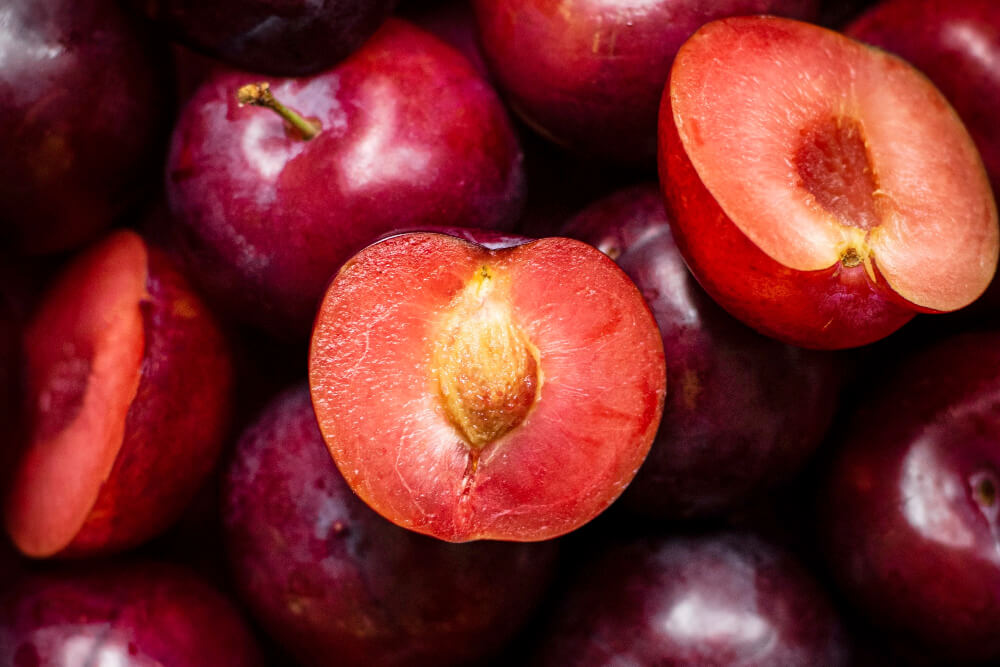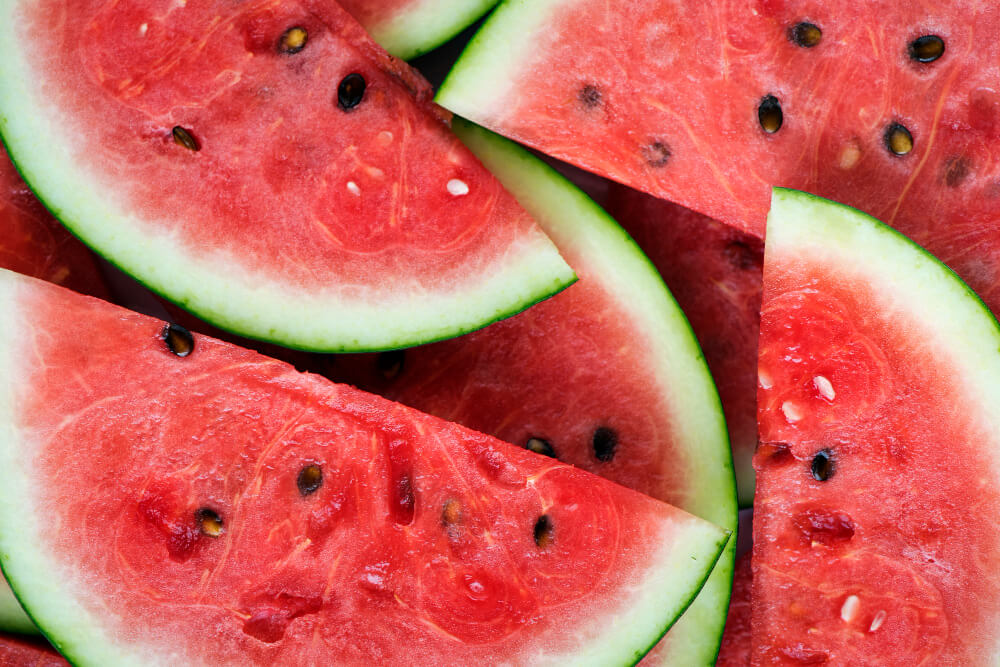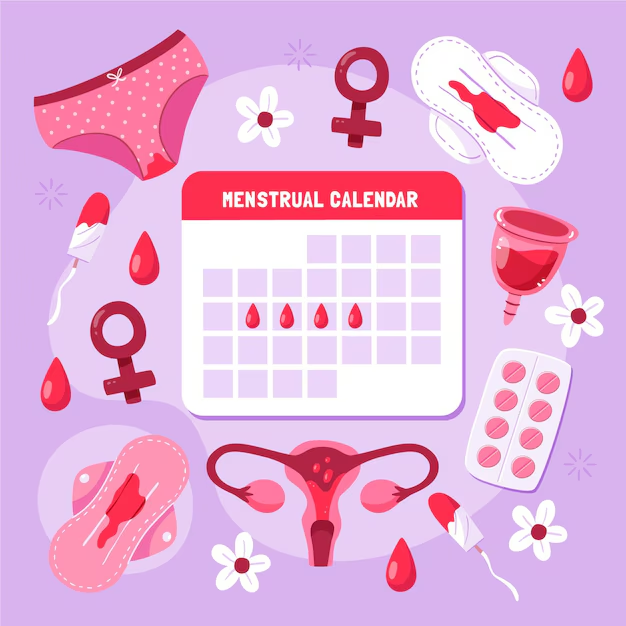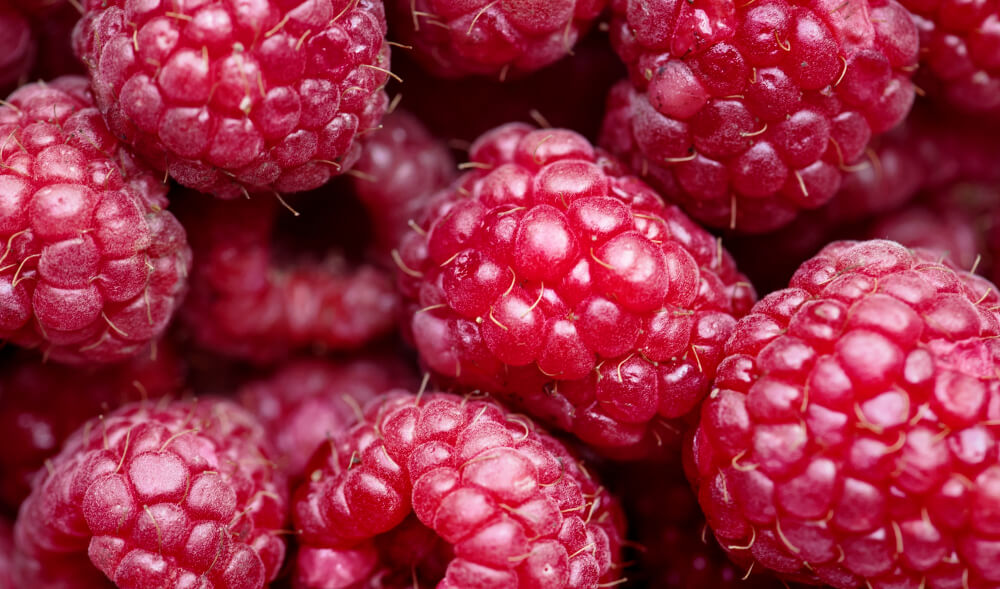Planning meal prep for post-birth

Welcoming a new baby into the world is a beautiful and life changing event. Amid the joy and excitement, it’s easy to overlook practical needs like making sure you’re fed and nourished during those first exhausting weeks. That’s where meal prepping before birth becomes a true lifesaver. With a bit of planning during your third trimester, you can set yourself up for easier, healthier postpartum days.
Why Post-Birth Meal Prep Matters
After delivery, whether it’s a vaginal birth or a C section, your body needs time and nutrition to heal. Add in sleepless nights, frequent feedings, and emotional fluctuations, and you’ll quickly realize that cooking meals from scratch every day is unrealistic. Planning ahead means:
-
Less stress and decision fatigue
-
More time to bond with your baby
-
Nutritional support for recovery and lactation
-
Fewer unhealthy takeout temptations
When to Start Meal Prepping
Start your meal prep around 32 to 36 weeks of pregnancy. You’ll still have the energy to cook and organize, and your freezer meals will stay fresh for a few months. If you’re feeling overwhelmed, break the process into manageable tasks across a couple of weeks.
What Types of Meals to Prep
Focus on meals that are:
-
Freezer-friendly
-
Easy to reheat (oven or microwave)
-
Nutritious and balanced
-
Comforting and filling
Some great options include:
-
Soups and stews (like lentil soup, chicken noodle, or veggie chili)
-
Casseroles (lasagna, enchilada bake, shepherd’s pie)
-
Marinated proteins (chicken, tofu, paneer) ready to bake or sauté
-
Smoothie packs (pre measured fruits, greens, and seeds to blend with milk or yogurt)
-
Breakfast burritos, muffins, or oatmeal cups
-
Rice and grain bowls with veggies and proteins
-
Dal and sabzi combinations (if you enjoy Indian cuisine)
Label everything with the name, date, and reheating instructions to make your postpartum life easier.
Create a Weekly Meal Plan
Having a loose weekly meal plan ready can help you rotate your dishes and avoid food waste. Think about:
-
1 soup night
-
1 rice or grain bowl
-
1 pasta or noodle dish
-
1 comfort casserole
-
2 veggie sides with frozen rotis or bread
-
1 day for takeout or leftovers
This approach brings structure without adding pressure.
Stock Up on Snacks and Staples
Postpartum hunger can strike at any hour. Stock your pantry and fridge with:
-
Nuts and seeds
-
Granola bars or protein bars
-
Trail mix
-
Nut butters
-
Whole grain crackers
-
Fresh fruits and pre cut veggies
-
Yogurt and cheese
-
Herbal teas and hydrating drinks
Ask for Help (and Say Yes to It!)
Many friends and family members want to help after the baby arrives but don’t know how. You can:
-
Ask for home cooked meal deliveries (create a meal train)
-
Share your favorite recipes with close friends willing to cook
-
Suggest gift cards for food delivery or meal services
Don’t Forget Special Dietary Needs
If you have food allergies, dietary restrictions, or plan to breastfeed, tailor your meals accordingly. Foods rich in:
-
Iron (spinach, lentils, red meat)
-
Protein (eggs, dairy, legumes)
-
Calcium (milk, tofu, broccoli)
-
Omega-3s (flaxseeds, walnuts, fish)
…will support healing and milk production.
Related Articles

Reducing screen time

Baby development at 13 weeks

Baby development at 41 weeks

What irregular periods mean

Mental Health During Pregnancy: Taking Care of Your Emotional Well-Being

Understanding Vaginal Discharge: What’s Normal and What’s Not

Baby development at 8 weeks

Best sleep positions (especially 2nd/3rd trimester)